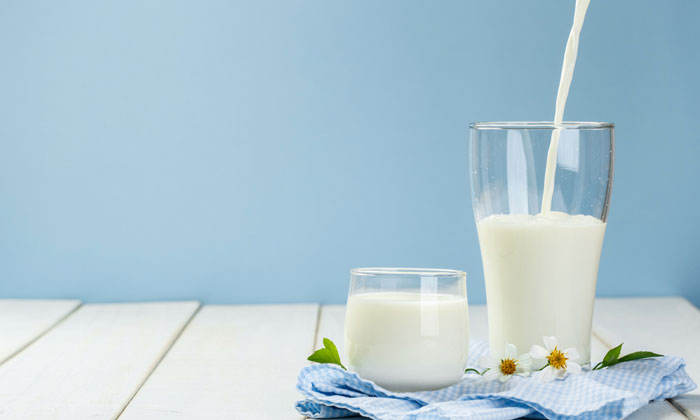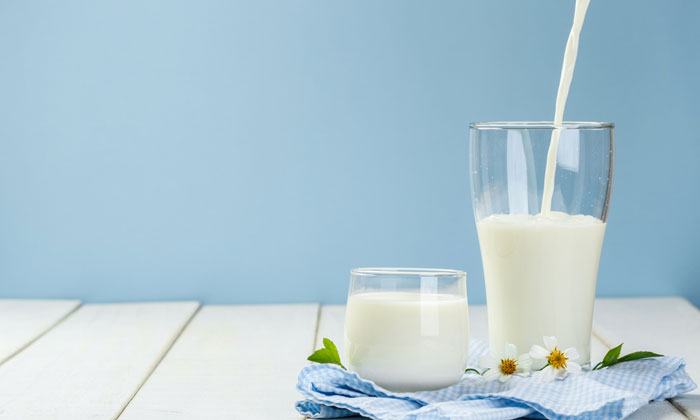Arla Foods Ingredients unveils acid whey upcycling concept

Arla Foods Ingredients unveils an innovative solution to upcycle acid whey, turning dairy waste into nutritious, sustainable food products.


Two thirds of the milk used in the production of Greek yoghurt and other strained fermented dairy products ends up as waste, presenting a long-standing sustainability challenge for the dairy industry.
However, Arla Foods Ingredients suggests that its new ‘Upcycle Your Whey to Value’ concept could provide the much-needed solution.
Traditionally treated as waste by dairy companies, acid whey, the main by-product of production, poses both costly disposal challenges and environmental risks.
Arla believes that, with the right expertise, this nutrient-rich by-product can be transformed into a valuable ingredient, creating new opportunities for innovative food and beverage products.
The new concept is designed to help manufacturers meet a growing market demand, with climate change and waste reduction increasingly top of mind for dairy consumers.
Over eight in ten consumers are aware of sustainability issues in the category and 20 percent are actively changing their behaviour when purchasing dairy products, according to New Nutrition Business‘s 10 Key Trends in 2023.
Upcycling acid whey
As a result, Arla has developed three new ambient dairy concepts that showcase the potential of acid whey in products with an ‘upcycled’ positioning:
- An 8 percent protein drinking yoghurt with pineapple and coconut flavours
- An 8 percent protein creamy dessert with pineapple and coconut flavours
- An 8 percent protein beverage with strawberry flavour
In each of these recipes, acid whey, which makes up between 50 and 73 percent of the final product, is combined with ingredients from the Nutrilac® ProteinBoost range of patented microparticulated whey proteins.
These recipes are all suitable for processing on a standard dairy line and also provide excellent viscosity control and stability throughout their shelf life.
Claus Bukbjerg Andersen, Senior Dairy Category Manager at Arla Foods Ingredients, said, “The use of upcycled side-streams can help brands reduce waste and increase their appeal to climate-conscious consumers. Additionally, acid whey is nutrient-rich and in combination with the right ingredients can be used to create exciting new products that offer indulgence as well as nutritional value.
“Allowing all the goodness of milk to be kept in the food chain is good for the planet, good for consumers and good for manufacturers, who can position products as upcycled, in line with a growing dairy industry trend.”
Source: newfoodmagazine.com

